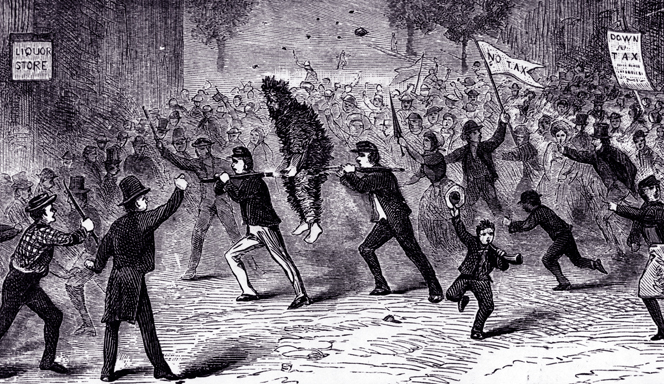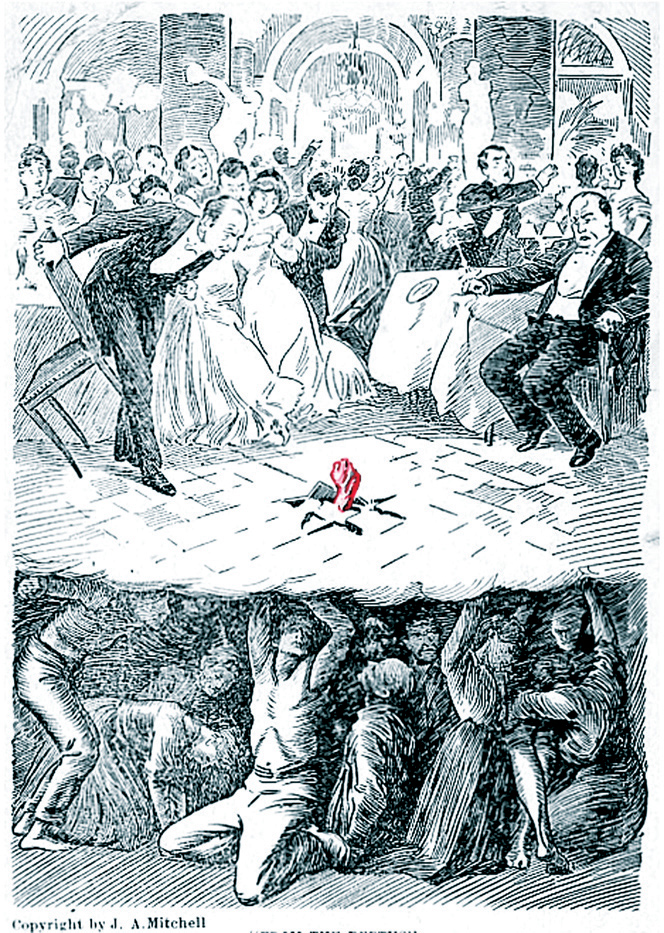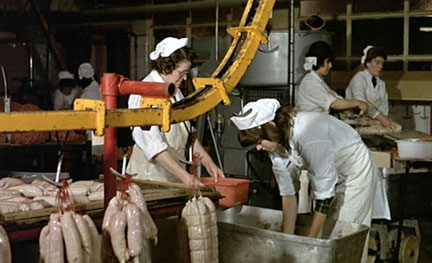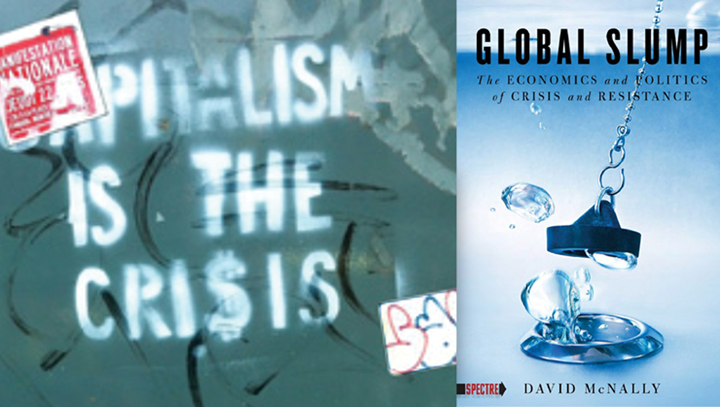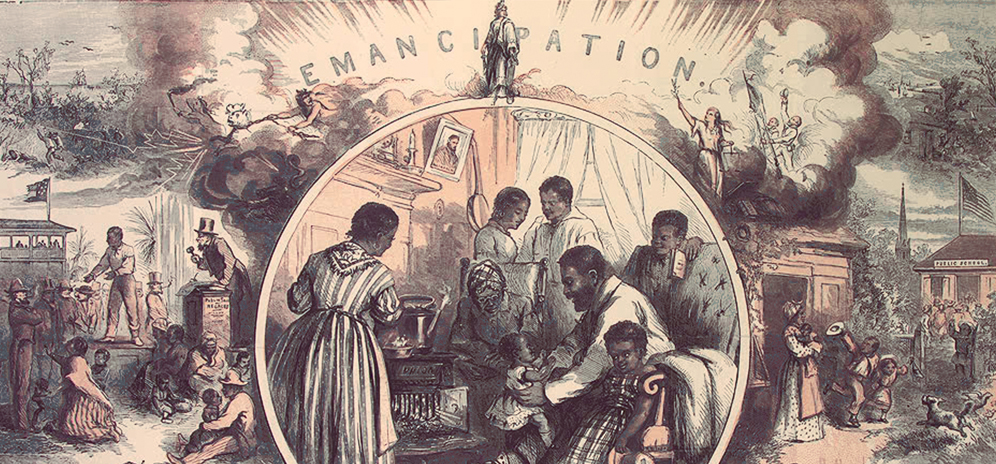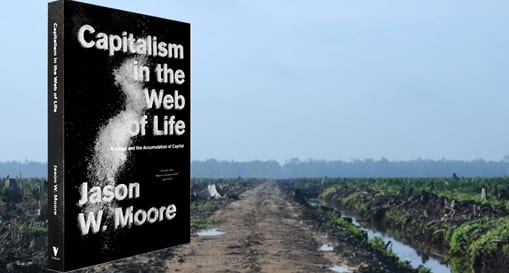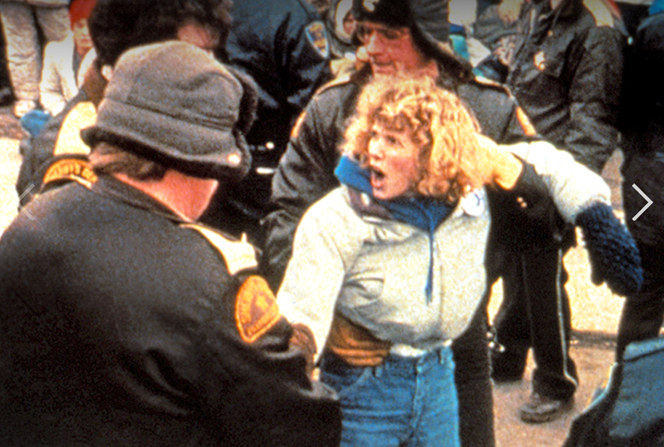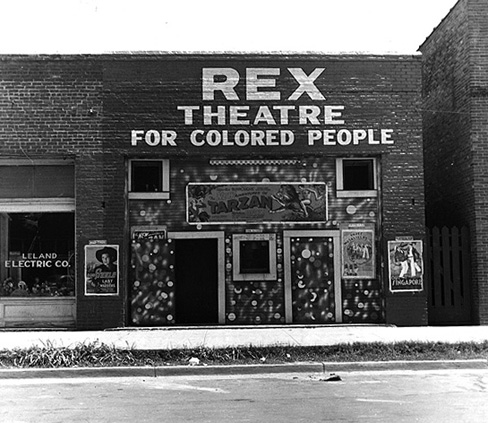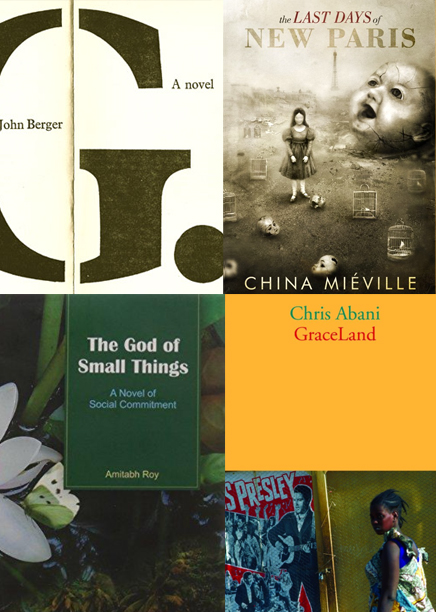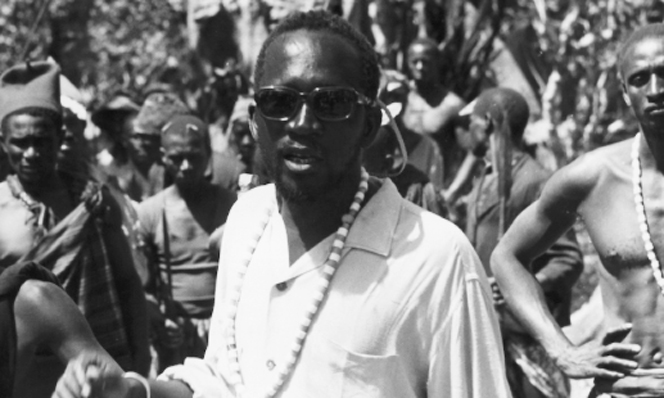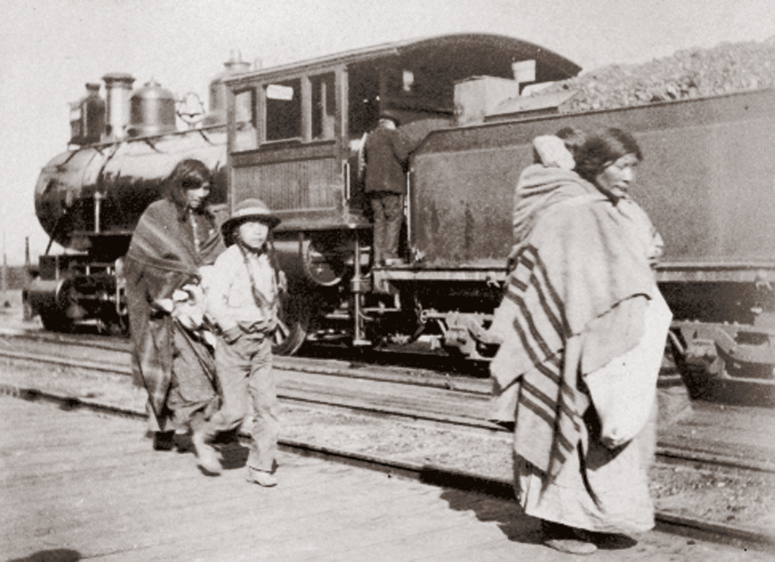Early American Resistance to Hamilton’s Capitalist Policies
The concentration of economic power was built into the Constitution and enhanced by Hamilton who imposed different forms of British capitalism upon the former colonies that had just rebelled against those policies.
Capital, Volume 1
Karl Marx’s Capital remains the fundamental text for understanding how capitalism works. By unraveling the commoditized forms of our interactions with nature and each other, it provides tools to understand capitalism’s astounding innovativeness and productivity, intertwined with growing inequality and misery, alienation, stunting of human potential, and ecological destruction all over the globe.
Victor Serge’s Notebooks: 1936-1947
Unnameable Books 600 Vanderbilt Avenue, Brooklyn, NYSerge’s Notebooks were discovered in 2010 and appear here for the first time in their entirety in English. They are a a message in a bottle from one of the great spirits, and great writers, of our shipwrecked time.
Planet of Exile with Rob Wallace
...capital aims at projecting both nature and people off Earth proper into a distinct space where alienated nature and alienated people interact on commoditization’s terms alone. Livestock and crops, and the farmers who tend them, have been beamed up into this new social metabolism.
Tout Va Bien: Screening with Discussion
The People's Forum 320 West 37th Street, New York, NY, United States“Tout Va Bien insists on class struggle throughout but is mainly about radicalizing its stars. Their role in the factory is to look and learn. Indeed, Godard and Gorin upped the class-resentment ante by having the striking workers played not by real workers but by unemployed actors.” —J. Hoberman, for Criterion, Tout Va Bien Revisited
2008 Capitalist Crisis: McNally’s Global Slump
The People's Forum 320 West 37th Street, New York, NY, United StatesIt remains important for us to understand the underlying causes within this late stage of capitalist development that led to the 2008 crisis, and how the international community of capitalist interests regrouped so that we of the working classes develop our capacity to effectively take on the political, ideological and economic challenges we are facing now and in the struggles ahead for a better life for all. McNally’s Global Slump is an impressive attempt to provide such a Marxist understanding for the crisis and a good example to see the explanatory power of Marx's social theory as laid out in the three volumes of Capital.
Use: A Users’ Manual
...we approach the various ways that “use” enters into and exercises power within our lexicon, performances, and politics. From commonplace phrases like “what’s the use?” and “make yourself useful!” to the Marx’s explication of a commodity’s use value, the language of use pops up in far flung and sometimes unexpected spheres. How do we delineate the useful and the useless, the usual and the unusual?
Black Reconstruction
The People's Forum 320 West 37th Street, New York, NY, United StatesTHIS SERIES HAS BEEN EXTENDED TO MAY 20!
...the great social revolution of that momentous period following the Civil War was surely the “reconstruction” of social relations in the former slave states. In his groundbreaking study (1935), W.E.B. DuBois reveals that this social revolution was both initiated by slaves in the midst of the war and carried through by the emancipated Black population during and after the period when federal troops occupied the former Confederate states.
Ecology, Capital and History
Join us for a close reading of Jason W. Moore's Capitalism in the Web of Life. Using Moore's world-ecology framework, we will rethink the history of capitalism as a dialectic in which wealth, power, and nature interact to produce recurring crises - including today's troubling nexus of global warming, mass extinction, and the exceeding of planetary boundaries.
Final Friday Film: American Dream by Barbara Kopple
The People's Forum 320 West 37th Street, New York, NY, United StatesAmerican Dream chronicles the six-month strike that followed during 1985 and 1986 at the Hormel meatpacking plant in Austin, Minnesota. In addition to union-company tension, there's union-union in-fighting. Hormel holds firm; scabs, replacement workers, brothers on opposite sides, a union coup d'état, and a new contract materialize. Full neoliberal agenda focussed on small town America.
Capital Crisis: 2008 Global Slump
A decade has passed but the crisis is not over. Indeed we might even say that we are only beginning to see the effects of this greatest crisis of capitalism: the rise of anti neo-liberal populism of the right and left in Trump and Sanders, Brexit, extreme austerity, all the labor and social movements such as the teachers movement in the US and the Gilets Jaunes (Yellow Vests) in France and the deepening crisis in the Middle East. The ruling class has regrouped and regained its arrogance, continuing their political and economic assault imposing ever deeper social wage cuts while ideologically taking aim at hard won democratic and civil rights. It remains important for us to understand the underlying causes within this late stage of capitalist development that led to the 2008 crisis so that we of the working classes develop our capacity to effectively take on the political, ideological and economic challenges we are facing now and in the struggles ahead for a better life for all.
Racial Boundaries: The Origin and Consequences of the Color Line in the USA
We are now taking on two readings which are keys to unlocking the power of the color line in shaping the political economy our world and in shaping the lives of African Americans. Theodore Allen’s pamphlet “Class Struggle and the Origin of Racial Slavery: The Invention of the White Race,” and W.E.B. DuBois’ “The Souls of Black Folk”.
A Spring Fever of World Literature
Four writers (John Berger, China Miéville, Arundathi Roy and Chris Abani) who have provided us with an array of work to counter the despair of late capital during this period when the scales are weighted far more towards barbarity and continual degradation of our biosphere, than towards what should be an equally shared planet by all who inhabit it. Please join us for close readings and discussions of works spanning the last century and much of the globe.
Final Friday Film: Camp de Thiaroye
The People's Forum 320 West 37th Street, New York, NY, United StatesIn Camp de Thiaroye the tirailleurs use the traditional, highly rhetorical, almost theatrical, mode of debate of their various societies, but adapt this ritual form to the only language they have in common: the pidgin which the French insultingly call “petit nègre”, a language which is both a result and a tool of colonial exploitation. Here it is revealed as having a potential for eloquence, allowing it to become a moving medium for the articulation of feelings, needs, grievances and resistance, and thus ultimately for the development of the tirailleurs‘ collective political awareness and consciousness of themselves as Africans.
How America Became Capitalist
The People's Forum 320 West 37th Street, New York, NY, United StatesHas America always been capitalist? Today, the US sees itself as the heartland of the international capitalist system, its society and politics intertwined deeply with its economic system. Parisot’s book looks at the history of North America from the founding of the colonies to debunk the myth that America is ‘naturally’ capitalist.

